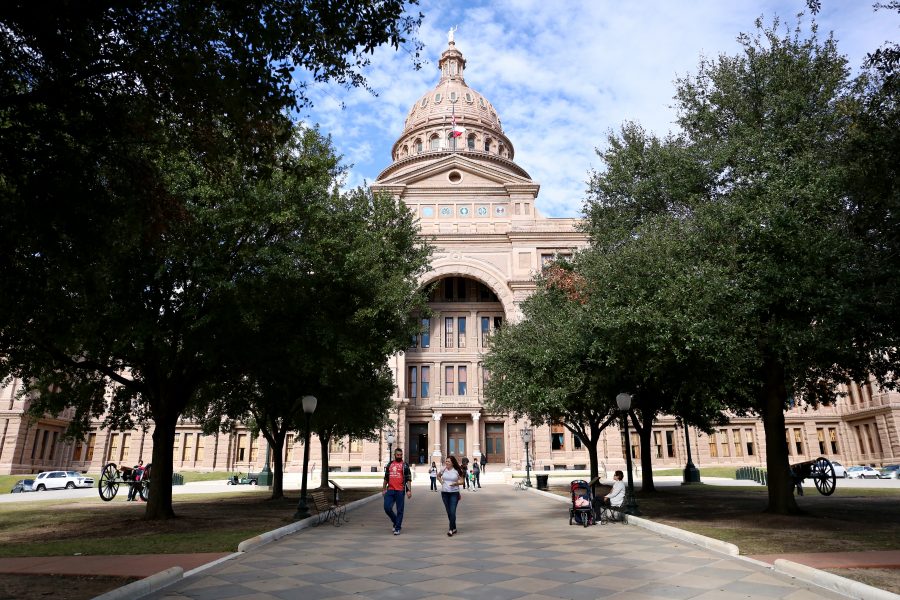We are hurting our women. Texas’ House Bill 2 — the omnibus law with sweeping restrictions on clinics, doctors and misoprostol pills — undeniably burdens those seeking abortion care. These restrictions will lead to an increase in rates of more dangerous self-induced abortions. If the Texas legislature’s true goal is to promote women’s health, they will end the restrictions on access to the legal, in demand service of abortion.
Within the first three months of the bill’s passage in 2013, the number of abortions performed in clinics went down by 13 percent. However, one Texas Policy Evaluation Program study from 2015 found that an estimated 100,000 to 240,000 women had at some point attempted a self-induced abortion in Texas. The high end of that estimate is 4.1 percent of Texas women.
HB 2 also disproportionately affects women in poverty. Women most likely to have induced an abortion included Latina women living in counties bordering Mexico and women who have experienced financial barriers to obtaining reproductive health care. The leading two reasons women attempted self induction were their inability to afford the procedure and the closure of local clinics.
Methods of self induction vary, but TxPEP research found that the most common was to illegally obtain misoprostol from Mexico. The medication was obtained without a prescription, so many of the women took different doses and had little knowledge of what symptoms to expect.
The second most used method was to take herbs, vitamins or teas. This method led to fewer complete abortions, which often forces women to obtain riskier, more expensive abortions later in the pregnancy. Still other women relied on other hormonal medications they obtained through recommendations from friends and family.
Some women reportedly feared telling a doctor about their attempts to self induce because of the risk of prosecution and a lack of amnesty for those seeking legitimate care. This fear is reasonable, despite the fact that only 14 percent of Texas women believe self induction should be illegal.
There have been at least half a dozen recent cases in the US in which women have been charged for attempting abortion by illicitly attained means. TxPEP said that “most women would have preferred a clinic abortion but felt it was out of reach financially and logistically.”
When the Supreme Court upheld a ban on partial-birth abortion procedures, Justice Ginsburg said, “The court deprives women of the right to make an autonomous choice, even at the expense of their safety.” Her words haunt the state to this day. If the Supreme Court upholds HB 2 in Whole Woman’s Health v. Hellerstedt, then women will be in far more danger than they were before the closure of clinics.
Many women seeking abortions do so out of financial necessity — about 61 percent of clinical abortions are obtained by women who already have one child and 42 percent of women obtaining abortions have incomes below the federal poverty line. But, no matter who is seeking the abortion, the obstacles placed in the path of women by the state leave them with few options and can drive them to self-induce. In increasingly hypocritical situation, women in this position are then in danger of being punished for their actions by the same entity that infringed on their right in the first place.
Josephine MacLean is an advertising and liberal arts honors freshman from Austin. Follow her on Twitter @maclean_josie.





















